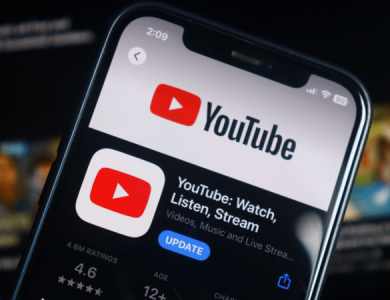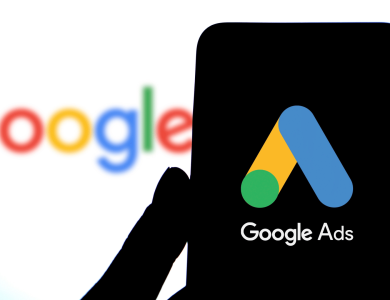
Content creation can be complex, especially in the current AI-driven era where many people turn to AI to generate content with minimal human involvement.
SEO professionals, who play a crucial role in maintaining the quality of web content, should carefully evaluate whether the content they publish is valuable, useful, unique, and truly addresses user questions.
The quality of content isn’t tied to a specific word count; it should be long enough to comprehensively answer the user’s inquiry.
I strongly support efforts to minimize the presence of AI-generated clutter online.
This discussion covers:
- Misconceptions about content length.
- Understanding content depth.
- How AI overviews and language models might analyze content.
How long should content be?
Your content should be as long as necessary to address the topic or question, whether that takes 200 words or 2,000. Evidence shows that "thin content" is evaluated more on originality than length.
In a world focused on semantic search, the essential question is, "How direct is my answer?" rather than "How long should my content be?"
Ensure your content isn’t unnecessarily complex or padded. Simplify it to be more direct.
Reducing unnecessary steps helps Google in:
- Understanding the relationships in your content.
- Identifying the core message you wish to convey.
This might necessitate adjusting the purpose or format of the content. For instance, a blog post might be more effective as an FAQ on a product page or a list with specific details.
Not every piece of content needs to be a blog article. Let’s explore an example.
A wordy marketing statement might try to impress with big words but fail to convey the specific services offered. In contrast, a concise and direct statement clearly defines what is offered, as shown through natural language processing analysis.
Does longer content always mean better content?
Long content doesn’t automatically result in higher rankings, which SEO professionals might consider "better."
Studies like Backlinko’s 2024 analysis indicate that while longer content may attract more backlinks, top pages in Google rankings average around 1,500 words. The leading result could have slightly fewer words than others.
Is content length a ranking signal?
Google has repeatedly affirmed that content length isn’t a ranking signal.
While public statements may not always entirely reflect internal practices, many experts agree that content length is not a ranking factor. This belief is supported by leaked documents mentioning an "OriginalContentScore."
How in-depth should content be?
Content should be thorough. Studies have shown a positive correlation between comprehensive content and higher rankings, often measured by content grading tools like Clearscope.
It’s important to note that these tools gauge "good" and "in-depth" content based on existing top-ranking articles, which might not account for new information.
A better approach to understanding content depth involves:
- Consulting with sales and support teams to learn about customer questions related to a topic.
- Examining search results for related queries, looking for People Also Ask elements and other informative features.
- Identifying gaps in competitor content and ensuring those areas are covered in your content.
- Deciding if certain topics require their own article, creating a hub-and-spoke content model.
Content depth will vary by industry and brand, so no one-size-fits-all definition exists.
What if content is outdated?
Addressing content decay is essential since outdated content can lose relevance for both search engines and users. Content that becomes outdated fails to remain thorough or pertinent.
Passage ranking
Understanding Google’s passage ranking is key to ensuring content remains relevant.
According to Google’s description, passage ranking allows AI to identify sections or "passages" of a webpage to better assess relevance to a search query.
This can make discussions of content length and depth less significant since Google can now focus on individual sections.
As we move forward in an AI-centric landscape that relies on semantic search, consider these key points:
- Prioritize creating content for people: Quality input and addressing human queries first is advantageous.
- Choose directness over length: Provide clear answers.
- Emphasize originality and thoroughness: Limit AI’s role in content creation and ensure human review and editing for accuracy and tone.
Contributing authors are selected for their expertise and contributions to the field. Content is reviewed by editorial staff to ensure quality and relevance. The views expressed are those of the authors alone.



